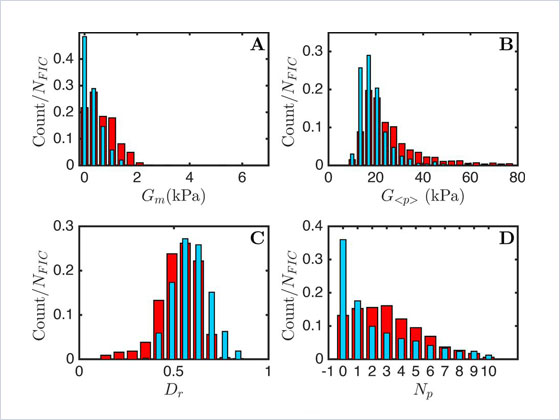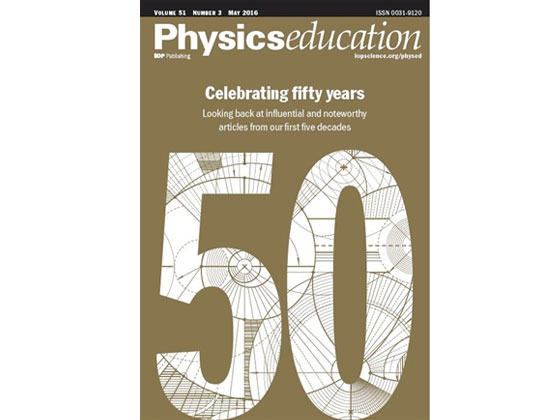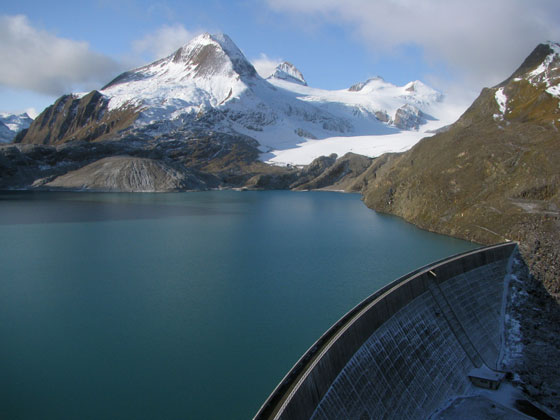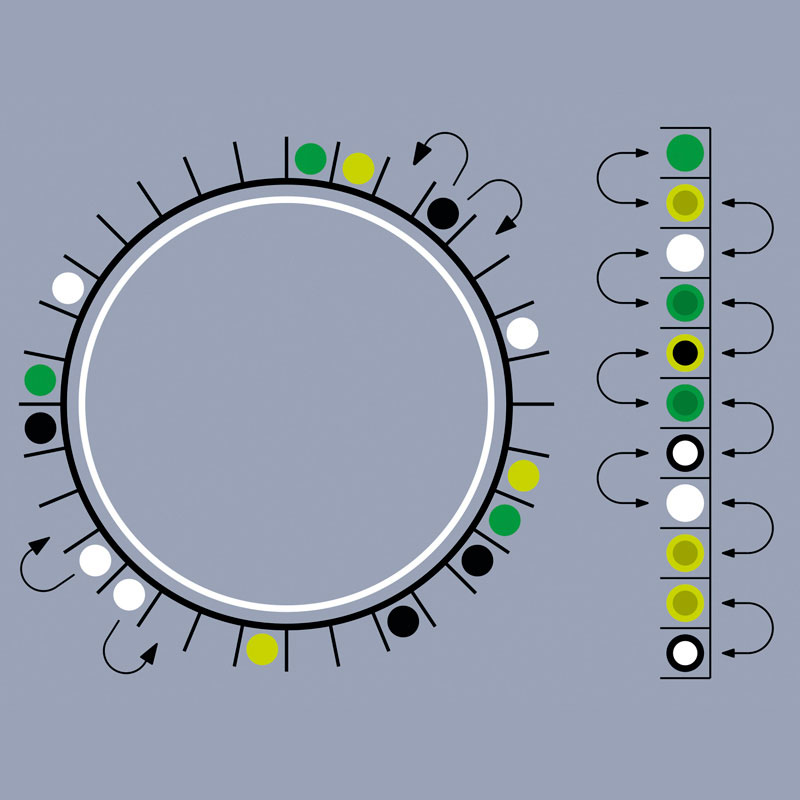News
-

Addressing antibiotic resistance: breath analysis aims to reduce unnecessary prescriptions
The overuse of antibiotics gives harmful bacteria the opportunity to evolve into drug resistant strains that threaten health care. To help tackle the problem, scientists in China have begun a pilot study examining biomarkers exhaled by patients.
-

New analysis provides “proof of concept” for real-time extreme event attribution
A new analysis establishes that seasonal forecast sea surface temperature (SSTs) can be used to perform probabilistic extreme-event attribution, thereby accelerating the time it takes climate scientists to understand and quantify the role of global warming in certain classes of extreme weather events.
-

Prodding leukemia cells with nanoprobes could provide cancer clues
Miniature mechanical testers have the potential to chart cell degradation in the body.
-

Celebrating 150 years of Matematicheskii Sbornik: An interview with Editor-in-Chief Professor Boris Kashin
We speak to Professor Boris Kashin, Editor-in-Chief of Matematicheskii Sbornik to find out more about the journal and its English translated journal Sbornik: Mathematics.
-

Physics Education: celebrating 50 years of the journal
This month, Physics Education, celebrates its 50th year of publication with a special anniversary issue.
-

As European glaciers dwindle, could dams replace them?
Water management in reservoirs could substantially mitigate future summer water shortages, expected as a consequence of ongoing glacier retreat.
-

Journal of Physics A recognises mathematical research excellence
IOP Publishing has announced the winners of the 2016 Journal of Physics A: Mathematical and Theoretical Best Paper Prize 2016.
-

Poorer countries experiencing more heat extremes
Many of the world's poorest people are already experiencing more extremely hot days due to climate change, with the world’s wealthiest less affected, according to just-published Victoria University of Wellington research.







